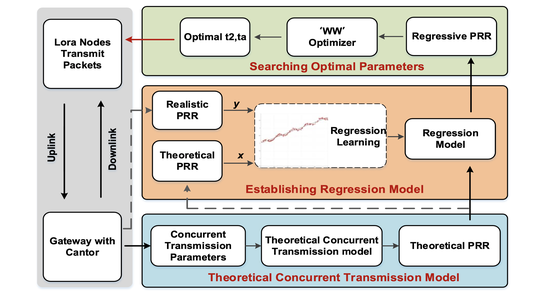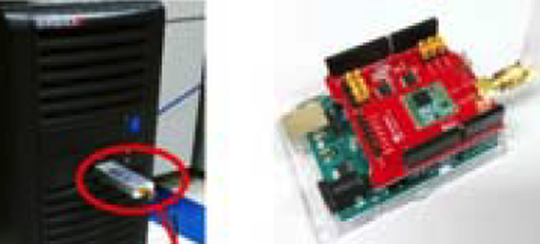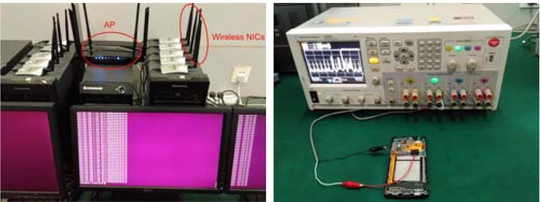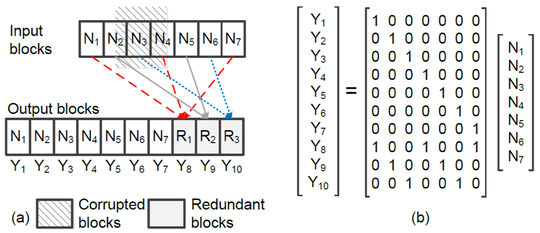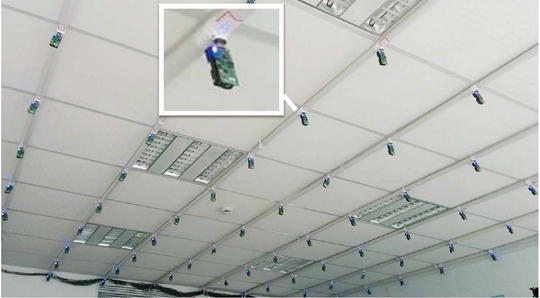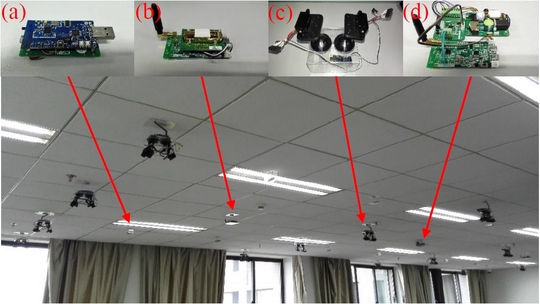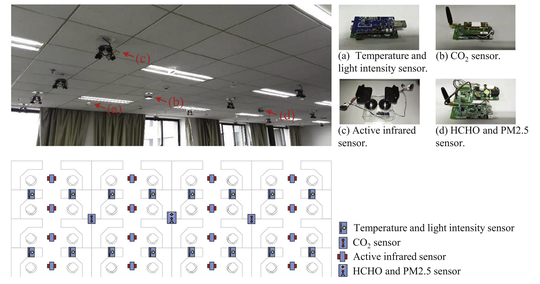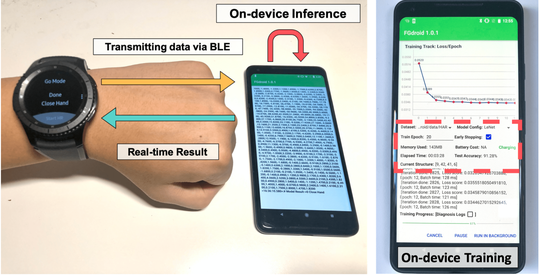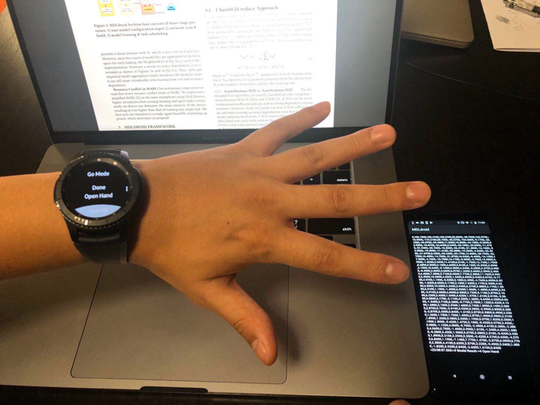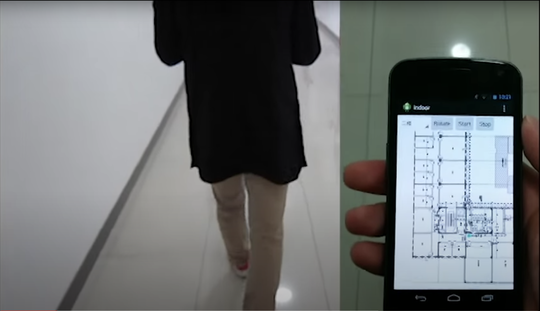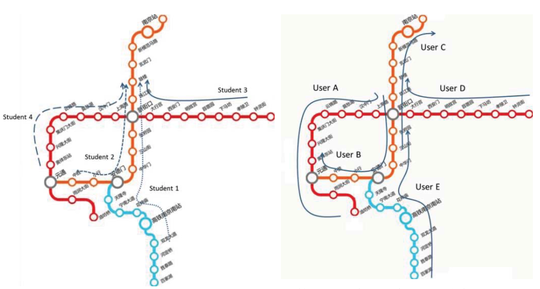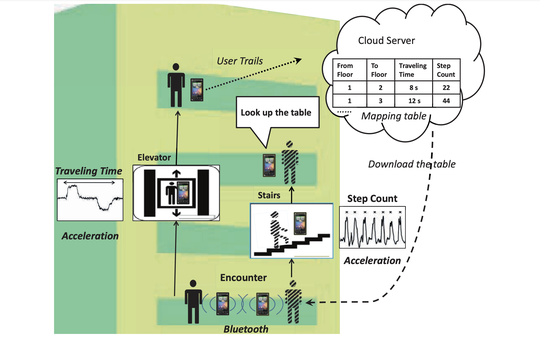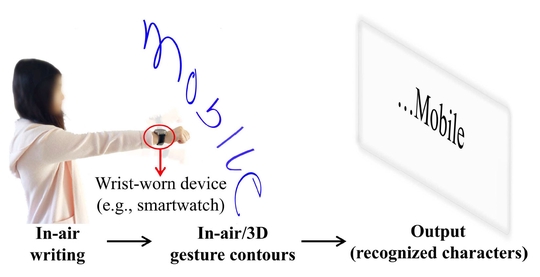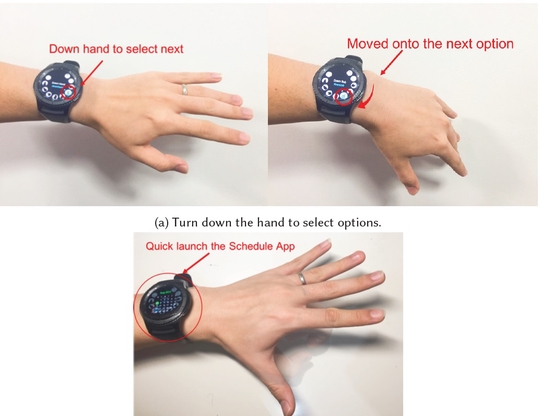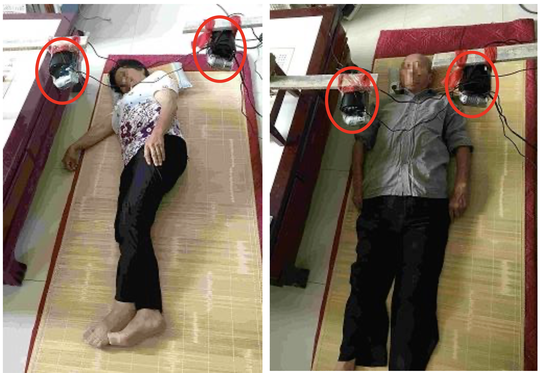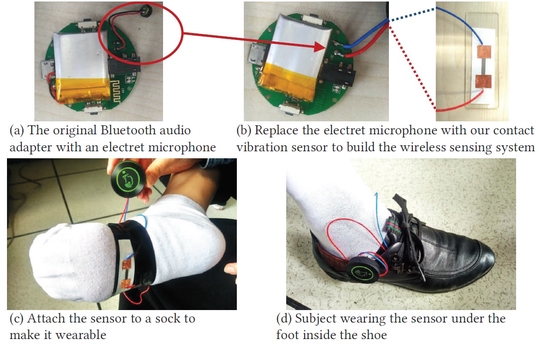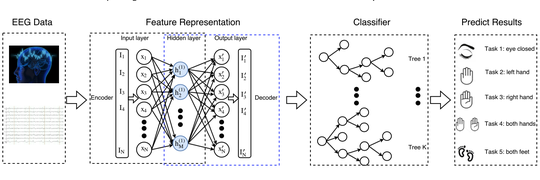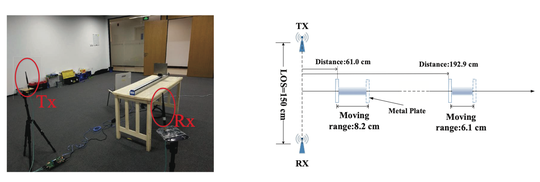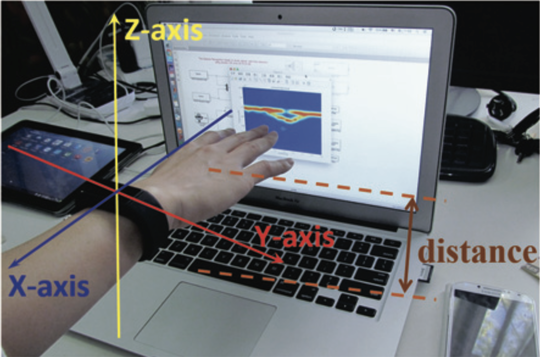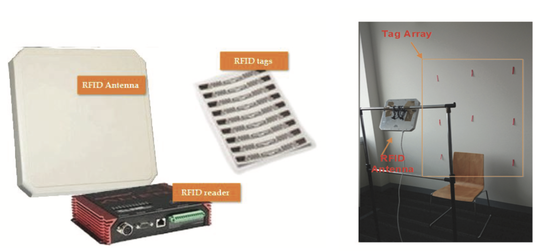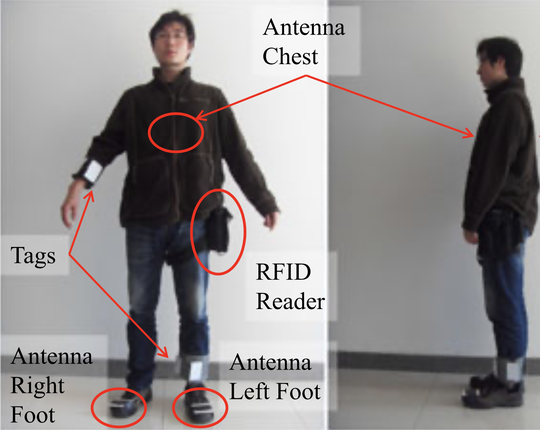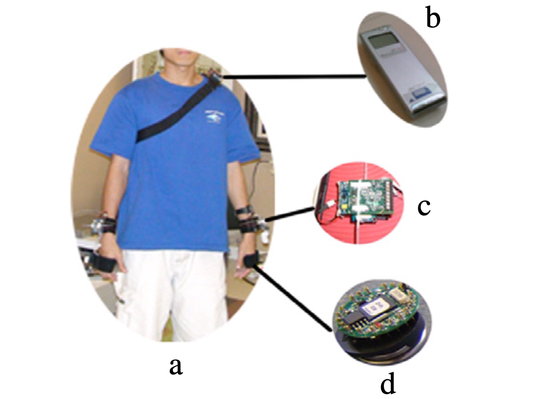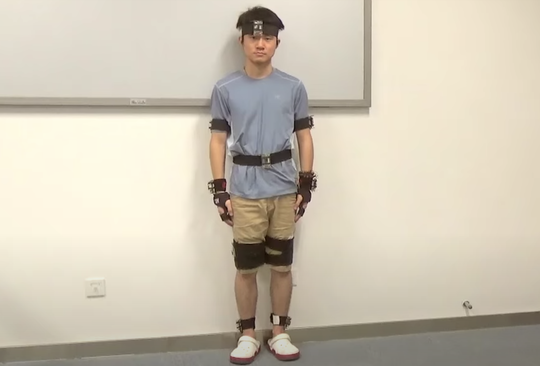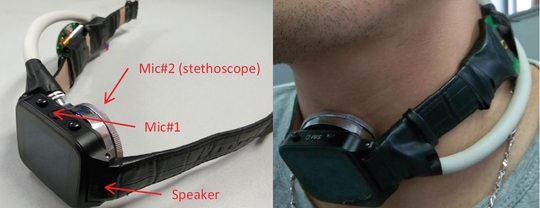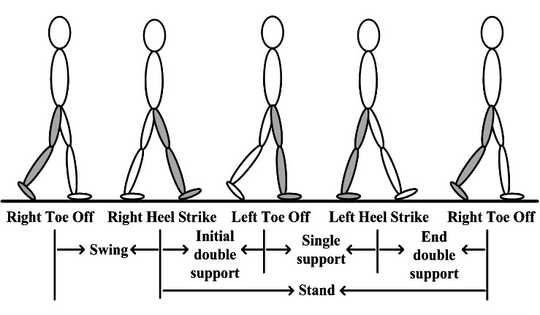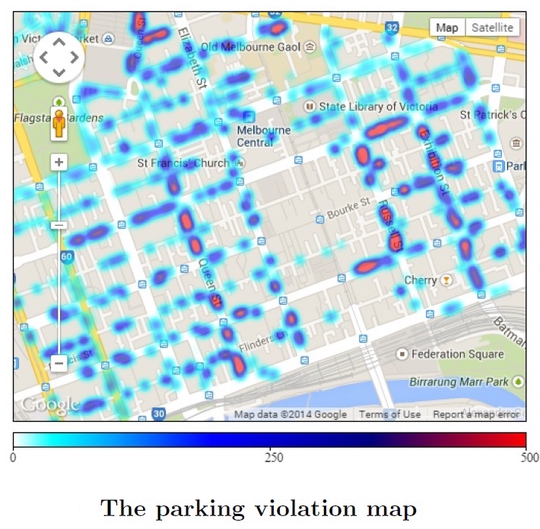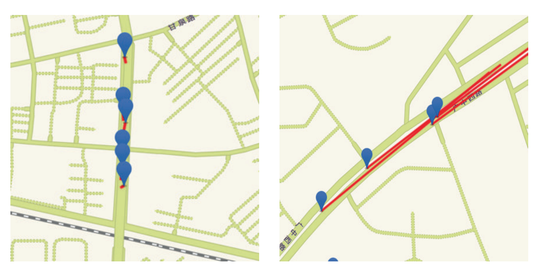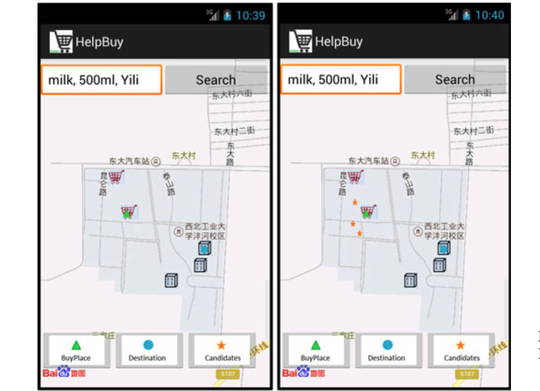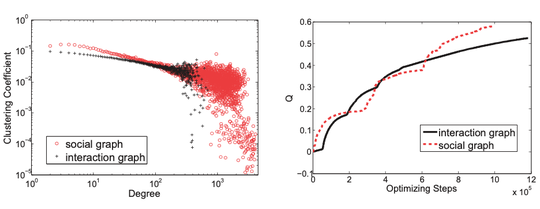LPWANs and Sensor Network
Improving Goodput in LoRa Concurrent Transmission
This paper aims to improve the energy efficiency of LoRa by enabling LoRa nodes to operate in a downclocked ‘light sleep’ mode for packet reception.
Energy Saving in LoRa
This paper aims to improve the energy efficiency of LoRa by enabling LoRa nodes to operate in a downclocked ‘light sleep’ mode for packet reception.
Parallel Decoding in LoRaWANs
This project presents a novel communication paradigm that enables parallel demodulation of colliding LoRa transmissions.
Out-of-Band Communication in Wi-Fi for Smartphone Energy Saving
In this project, we propose a new power-saving strategy for screen-off Wi-Fi communications.
ZigBee and Wi-Fi Co-existence
In this work, we design a simple yet effective error recovery code that uses XOR code to minimize delay and uses RSSI-hinted approach to detect in-packet corruptions without CRC.
Bulk Data Dissemination in Wireless Sensor Networks
This project proposes a novel sender impact metric which jointly exploits link quality and spatial link diversity to calculate the gain/cost ratio of the sender candidates.
Reprogramming in Wireless Sensor Networks
We propose ReLog which consists of a programming language, a compiler, and a virtual machine to support reprogramming in wireless sensor networks.
Opportunistic Routing in Heterogenous Duty-cycled Wireless Sensor Networks
This paper aims to improve the energy efficiency of LoRa by enabling LoRa nodes to operate in a downclocked ‘light sleep’ mode for packet reception.
Edge and Embedded AI
MDLdroidLite:Enabling Resource-Efficient Deep Neural Networks on Mobile Devices
This project presents MDLdroidLite, our latest on-device deep learning framework to support privacy-preserving personal mobile sensing applications.
MDLdroid:Mobile Deep Learning for Personal Mobile Sensing Applications
Our first version of a novel decentralized mobile deep learning framework to enable resource-aware on-device collaborative learning for personal mobile sensing applications.
Indoor Positioning
Device-free Indoor Tracking on Bluetooth Mesh Network
This paper aims to improve the energy efficiency of LoRa by enabling LoRa nodes to operate in a downclocked ‘light sleep’ mode for packet reception.
Indoor Positioning using Magnetometer on Smartphone
In this project, we present an indoor localization system using magnetometer on smartphone.
Localization in Metro Trains based on Smartphone Sensing
In this project, we present a novel infrastructure-free localization system to locate mobile users in a metro line.
Floor Localization based on Mobile Phone Sensing
We present FTrack a novel floor localization system leveraging on smartphone’s accelerometer only, and it does not require any prior knowledge of a building such as floor height.
Activity and Gesture Detection
Hand Gesture Recognition
This project presents an in-air writing gesture recognition system using a wrist-worn device.
Finger Gesture Recognition with PPG Sensor on Smartwatch
In this project, we present a novel gesture input technique for off-the-shelf smartwatches.
Human Respiration Detection using Acoustic Signal
This project presents the design of an audio-based highly-accurate system for human respiration monitoring, leveraging on commodity speaker and microphone widely available in home environments.
Detecting Transportation Activities using Contact Vibration Sensor
In this project, we present the design of SpiderWalk on smartphones to detect transportation activity.
Brain Activity Recognition using EEG Signal
In this project, we propose an approach to interpret EEG signals for multi-person and multi-class brain activity recognition.
Human Respiration Detection using Wi-Fi Signals
This project presents a system to detect human respiration using Wi-Fi devices.
Device-free Activity Recognition Leveraging on Internet of Things
In this work, we propose a system using low-cost RFID tags, which enables device-free, unobtrusive monitoring of elderly people by leveraging machine learning algorithms and the Internet of Things (IoT) technology.
Device-free Activity Recognition Leveraging on Internet of Things
In this work, we propose a system using low-cost RFID tags, which enables device-free, unobtrusive monitoring of elderly people by leveraging machine learning algorithms and the Internet of Things (IoT) technology.
Complex Activity Recognition using Wearable Sensors
This paper aims to improve the energy efficiency of LoRa by enabling LoRa nodes to operate in a downclocked ‘light sleep’ mode for packet reception.
Multi-user Activity Recognition using Wearable Sensors
This project aims to investigate the fundamental problem of recognizing activities of multiple users using wearable sensors in a home environment.
Complex Activity Recognition using Wearable Sensors
In this project, we develop a wearable system to recognize simple (i.e., sequential) and complex (i.e., interleaved and concurrent) activities in real life.
Detecting Smoking Behaviour using a Smart Neckband
This project proposes the design of a smart neckband device for smoking detection.
Recognizing Parkinsonian Gait Pattern
In this project, we propose a novel computation framework to recognize gait patterns in patients with PD.
Sensor Data Analytics
City-scale Car Parking Data Analytics
In this project, we use a large real-world dataset with on-street parking sensor data from Melbourne City Council and establish a formulation of the travelling officer problem with a probability-based model.
Telco Big Data Analytics for City-Scale Localization
In this project, we aim to predict “serendipitous” social interactions.
Social Interaction using Human Mobility Prediction
In this project, we aim to predict “serendipitous” social interactions.
Minimize Inter-server Communications in Online Social Networks
This project explores how to reduce the inter-server communications leveraging on Online Social Networks (OSNs).
